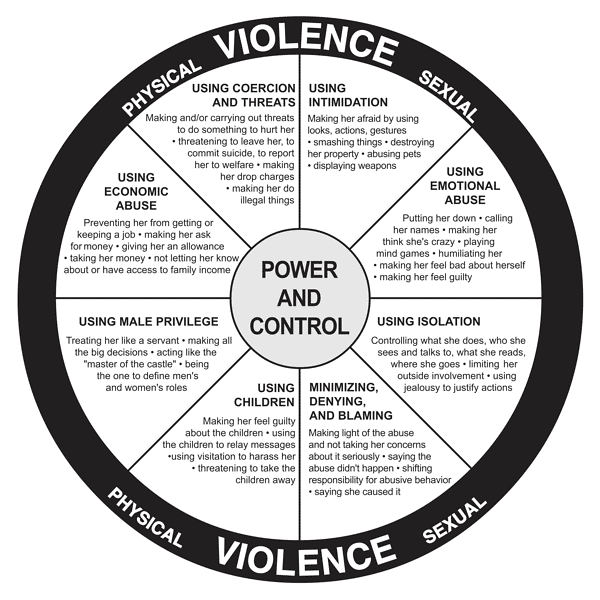-
Advocacy Theme
-
Tags
- Abortion
- Adoption
- Caregiving
- CEDAW
- Disability
- Domestic Violence
- Domestic Workers
- Harassment
- Healthcare
- Housing
- International/Regional Work
- Maintenance
- Media
- Migrant Spouses
- Migrant Workers
- Muslim Law
- National budget
- Parental Leave
- Parenthood
- Polygamy
- Population
- Race and religion
- Sexual Violence
- Sexuality Education
- Single Parents
- Social Support
- Sterilisation
- Women's Charter
An open letter: Domestic violence should not be condoned or excused
November 15th, 2016 | Gender-based Violence, Letters and op-eds, Muslim Women's Rights, News, Views
 The following is an open letter originally sent to a Bridal Bootcamp event and a speaker who was running a class. A video of the teachings in the class recently went viral, with content that disturbingly communicated domestic violence and illegal confinement.
The following is an open letter originally sent to a Bridal Bootcamp event and a speaker who was running a class. A video of the teachings in the class recently went viral, with content that disturbingly communicated domestic violence and illegal confinement.
Dear Sanggar Mustika and Ustazah Su’aidah,
I write as the coordinator of Gender Equality is Our Culture (GEC), a campaign that promotes discussion on gender equality in the Muslim community.
We have been alarmed to learn from the video by “Bridal Bootcamp” SMW, which has been widely shared on Facebook (with 2,800 shares and 71,000 views), that women approaching the bridal company for services for their wedding day are also being taught to condone and accept domestic abuse. We are troubled that someone in a position of influence, as well as a company, would endorse these teachings.
The video shows Ustazah Su’aidah, a religious educator, addressing a group of women (presumably about to get married) about the “dos and don’ts” of being a wife.
Troublingly, these rules emphasised female subservience and male control, to the point of prescribing domestic violence as acceptable conduct from men.
The speaker’s rules for married women include:
- “Listening to your husband” – and this is not a two-way obligation to listen, as she emphasises that “women are talkative and don’t listen to their husbands enough”.
- “Obeying your husband” – “if he asks for a drink, make it for him. You must oblige if he asks you to don the headscarf or invites you to pray together”. This clearly promotes unequal relationships where women are controlled by and expected to service men, including control of their clothes and religious practice.
- “Not talking about marital problems to anyone” (“and if they have to, they must keep it anonymous”) – This injunction isolates women so that they cannot seek support or social connection with others (a position which can be particularly dangerous in situation of abuse).
- Arguably most disturbingly, “if a wife commits adultery, a husband is allowed to hit her or lock her in the house until she passes away”. This is an endorsement of physical domestic violence and the criminal acts of assault and wrongful confinement, which are both prohibited under the Penal Code. If a woman commits adultery, her spouse can seek an answer in marriage counselling or the divorce courts – violence should never be the answer.
These ideas threaten equality, respect and life itself. We must all reject attitudes that excuse and enable violence – dehumanising attitudes which can be found in all communities, though sometimes religion and culture are wielded as the rationale for these beliefs.
There are many forms of domestic violence, from physical hurt to social control to financial abuse, but they all leave behind a serious long-term impact on the victims and their families. They can exacerbate health issues, and threaten lives. They should not be tolerated or excused in any way, including under the guise of religion.
“Education” of this kind tells women that abuse is normal, even acceptable. It tells women that they are unworthy of care, agency and independence. It is precisely this sort of message that discourages victims of domestic abuse from seeking help and support.
We do not need more women to feel disempowered, alone in their problems, or pressured to sate their husbands’ every desire, even at the expense of their own well-being. What we need is more women to know their rights (to a violence-free life, to respect and equality); to know that there are avenues for support; and to know that their individual safety, health and desires are valid and important.
Muslim women in Singapore deserve better teachings. The GEC campaign works within the Muslim community to promote diverse cultural experiences that center respect, non-violence and equality. Through GEC’s own initiatives, like our most recent anthology of stories by Muslim women (Perempuan), many have banded together to talk about their own experiences of domestic abuse, ill-treatment and discrimination. We should work together to create a society where our education for women is based on facts, support and compassion, instead of fear, violence and judgment.
We urge you to reform your teachings to promote respect and equality, and to endorse messages of diversity. Should you be interested, we would be happy to engage you with a discussion on how to promote gender equality within the family in the Muslim context.
As this is a matter of public interest and we believe that your sexist messages need to be publicly countered, we will also be publishing a copy of this email online.
Yours faithfully,
Filzah Sumartono
GEC Project Coordinator, AWARE



